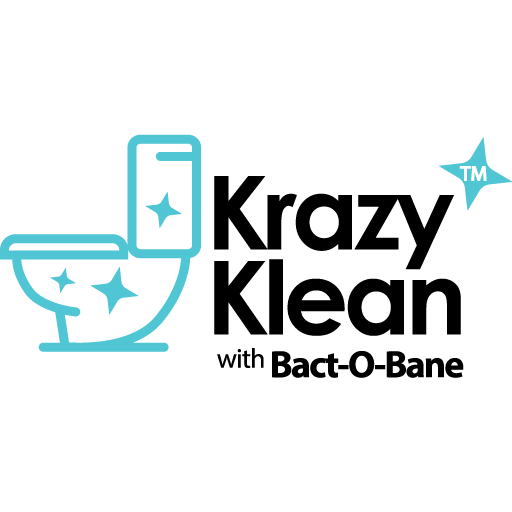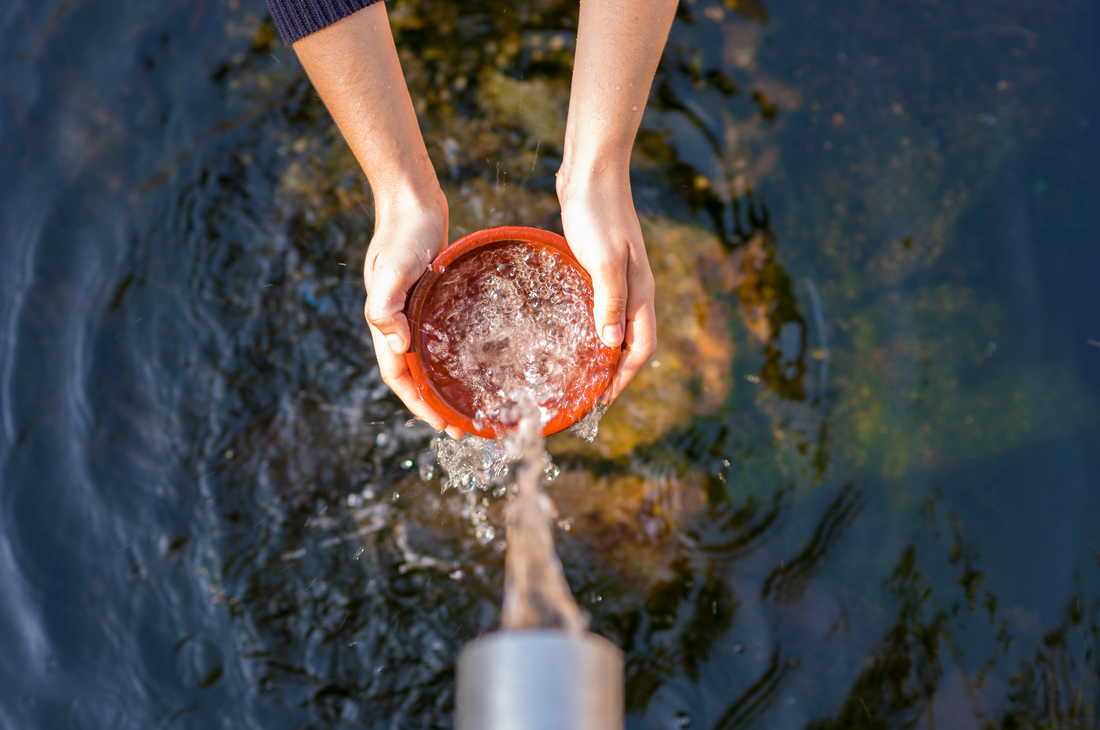Water is vital for life, but did you know not all water is the same? The battle between hard and soft water impacts everything from laundry to skincare. Let's dive into the differences of hard water vs soft water, their effects on daily life, and some solutions for dealing with hard water issues.
The Hard Water and Soft Water Showdown: Which Is Better?
Before diving into the details, it's essential to understand the basic differences between hard water and soft water. Generally, hard water is considered "bad" due to its higher mineral content, which can lead to various household and personal issues such as scale buildup, plumbing problems, and skin irritation. On the other hand, soft water is seen as "good" because it has a lower mineral content, making it gentler on appliances, plumbing, and our skin and hair. However, the preference between the two can be subjective, and it's crucial to weigh the pros and cons of each to determine which type of water is the best fit for your household needs. Now, let's dive into the nitty-gritty details of hard and soft water!
Hard Water vs. Soft Water: What's the Scoop?
Understanding the distinction between hard and soft water starts with the minerals. Hard water contains a higher concentration of minerals like calcium and magnesium, while soft water has lower levels. We measure water hardness in grains per gallon (gpg) or milligrams per liter (mg/L). Hard water has a hardness level of 17.1 mg/L or more, while soft water has less than that.
Hard Water: The Downside
Household Chores
Hard water can be a real nuisance, especially when it comes to household chores. The high mineral content leads to limescale buildup on appliances and surfaces, making them difficult to clean. In fact, soap reacts with hard water minerals to form a residue called soap scum. This scum sticks to dishes, sinks, and tubs, leaving unsightly spots and making cleaning a challenge.
Skin and Hair
Your skin and hair aren't immune to the effects of hard water. It can leave your skin feeling dry, itchy, and irritated. Hair can become dull, lifeless, and prone to breakage. Some people may even experience skin conditions like eczema due to hard water exposure.
Plumbing and Appliances
Hard water doesn't play nice with your plumbing and appliances either. Limescale buildup can cause reduced water flow in pipes and a shorter lifespan for appliances like water heaters, dishwashers, and washing machines. This means more frequent repairs and replacements, which can be costly.
Health Implications
Though hard water isn't necessarily harmful to drink, some studies suggest it may have an impact on heart health. Researchers have found a link between water hardness and the risk of cardiovascular disease. However, more research is needed to confirm these findings.
Soft Water: The Upside
Easier Cleaning
Soft water makes life simpler when it comes to cleaning. It allows soap to lather more easily and effectively, meaning less elbow grease is needed to get your dishes, laundry, and surfaces clean. Plus, there's no soap scum to deal with, making the entire process more enjoyable.
Skin and Hair Benefits
Your skin and hair will thank you for using soft water. It leaves skin feeling soft, supple, and hydrated. Hair will look shinier, healthier, and more manageable. Say goodbye to dry, itchy skin and hello to a more comfortable, refreshed feeling.
Longer-lasting Appliances
With soft water, you won't have to worry about limescale buildup in your appliances. This means they'll last longer and perform better. You'll also save money on repairs and replacements in the long run.
Health Benefits
While the evidence isn't conclusive, some studies suggest that soft water may have a positive effect on heart health. Lower mineral content could mean a reduced risk of cardiovascular disease. However, more research is needed to support these claims.
Hard Water Solutions: Let's Fix It!
Water Softeners
Water softeners are a popular solution for dealing with hard water. They use ion exchange technology to remove calcium and magnesium from the water replacing them with sodium or potassium ions. This effectively softens the water and eliminates the issues associated with hard water.
Descaling Agents
Descaling agents help to remove limescale buildup from appliances and surfaces. These cleaning products are specially designed to break down the minerals in hard water deposits, making them easier to remove. Regular use of descaling agents can help maintain the efficiency and lifespan of your appliances.
Showerhead Filters
If hard water is causing havoc on your skin and hair, consider installing a showerhead filter. These filters attach to your showerhead and remove minerals from the water as it flows through. This can help alleviate dry skin and hair issues caused by hard water exposure.
Toilet Cleaning Products
For toilet bowls impacted by hard water, specialized cleaning products like Krazy Klean can work wonders. These innovative products are engineered to dissolve limescale and mineral deposits, ensuring that toilets are left spotless and free from unsightly stains.
Conclusion
Whether you're dealing with hard or soft water, it's important to understand the differences and how they impact your daily life. From easier cleaning to better skin and hair health, soft water certainly has its advantages. If you're struggling with hard water issues, consider investing in a water softener, descaling agents, or showerhead filters to improve your water quality and overall well-being. And don't forget to keep your toilet clean and fresh with specialized cleaning products designed to tackle hard water stains. Happy cleaning!

